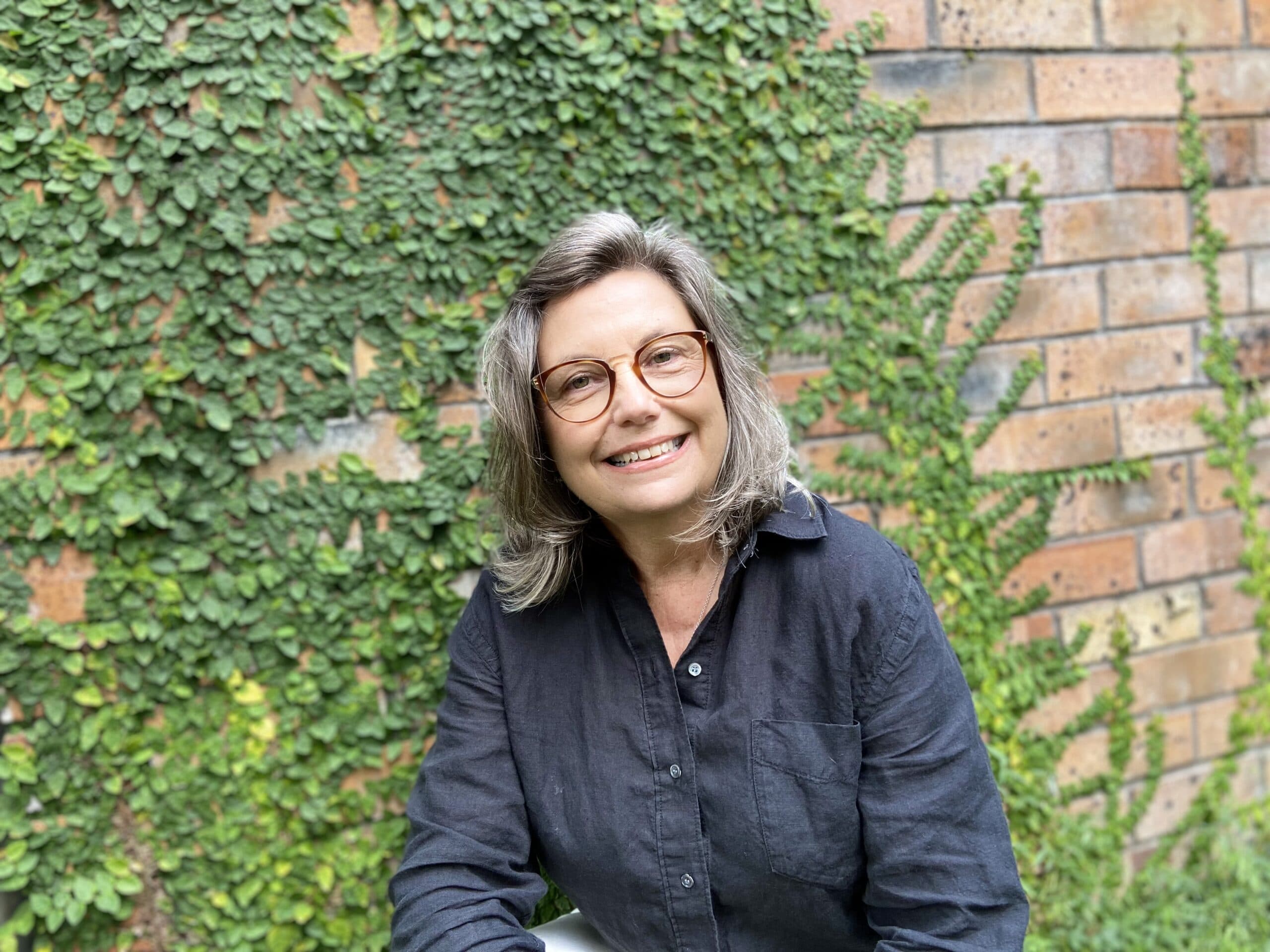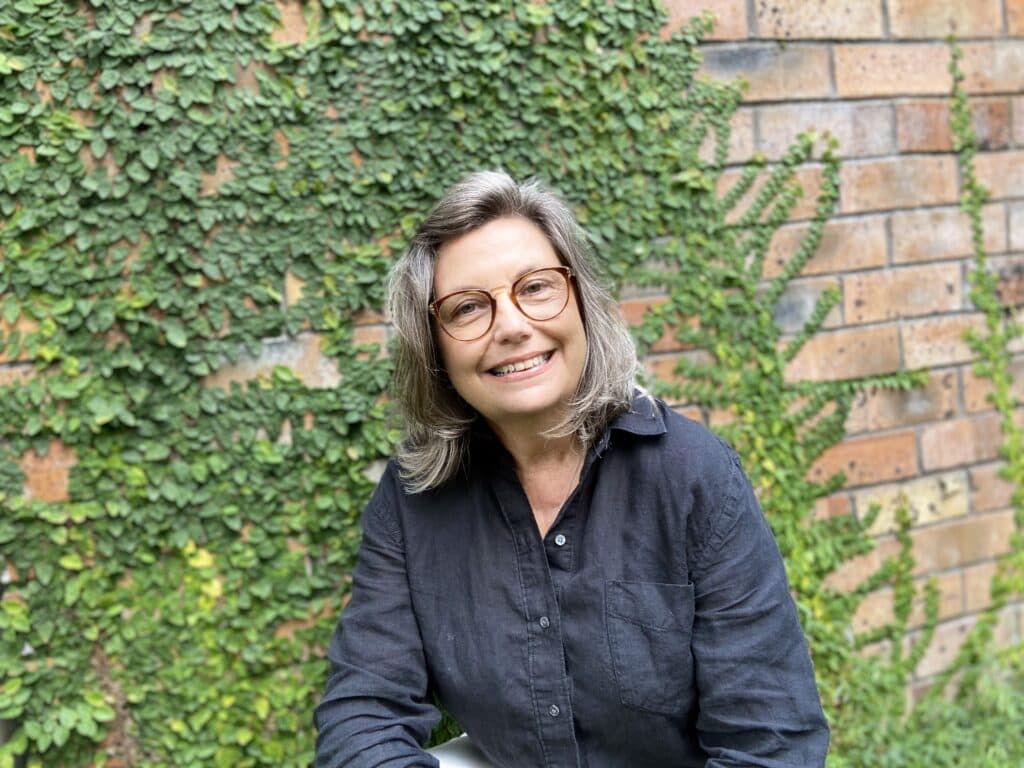Dr Trudy Sharp started her career in a medical biology lab but within a few short years successfully used her qualifications to focus on her first true love – animals.
“I loved the medical work but the interest in animals was always in the background,” she said.
“When a job came up at a vet diagnostics lab, I jumped at the chance to work in that space, carrying out post-mortems and diagnosing the cause of death really was the catalyst for further cementing my interest not just in animals, but animals’ welfare and ethics.”
Trudy was seconded to work on writing Best Management Practice resources for pest animals and working in welfare around pest management. Whilst conducting this work, Trudy got a front row seat to how pest management, animal welfare and human psychology co-exist and often struggle to do so.
“It really was an eye-opening process as a scientist to realise and then accept that what I was doing wasn’t just pure science – there was and always is a people aspect to what we’re trying to achieve,” she said.
Like a true scientist, Trudy went looking for data and context – so went back to university to complete a psychology degree.
“Most of my work today involves pest management and welfare issues so I use the science and psychology mix every day and apply a multi-disciplinary approach to everything I do,” she said.
“It’s invaluable to be able to approach research that way in my field and I think it’s been such a great combination because its made some really difficult conversations much easier and much more accessible to all stakeholders.”
Trudy’s AgriFutures Australia Kangaroo Program funded research project stemmed from her PhD on kangaroo welfare.
“The AgriFutures Australia project allowed me to take a deep dive into animal welfare and the sustainability of the Australian kangaroo harvesting industry,” she explained.
“It can be a delicate subject and I’m very understanding of that, but I think the silver lining always is that despite different attitudes or beliefs, people are always open to facts that are supported by good, transparent research,” she said.
“What happens to kangaroos when they are not harvested ethically and properly is something a lot of people aren’t aware of, or haven’t thought of, so context and transparency is always important.
“Ultimately, I really like listening to people and understanding where they’re coming from and then figuring out what the middle group might look like, with that scientific lens across it all.
Dr Trudy Sharp is currently developing procedures, codes, and strategies for improving the welfare for harvested wildlife.
“Again, an important part of developing this is understanding people’s views about that and how to communicate impacts of harvesting,” she said.
Trudy said she remembers growing up in Orange and being uncomfortable with the way animals were managed.











